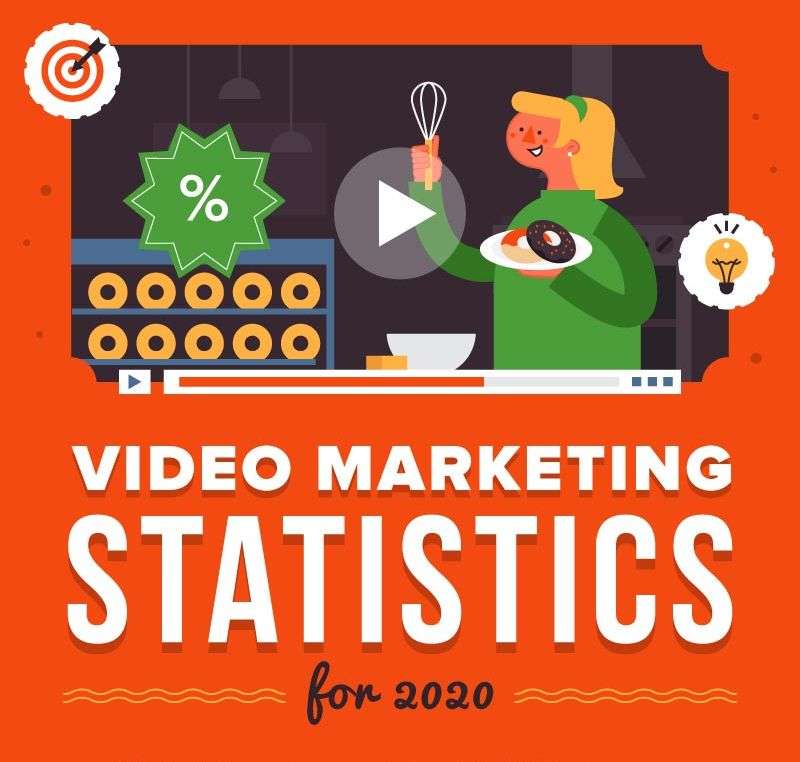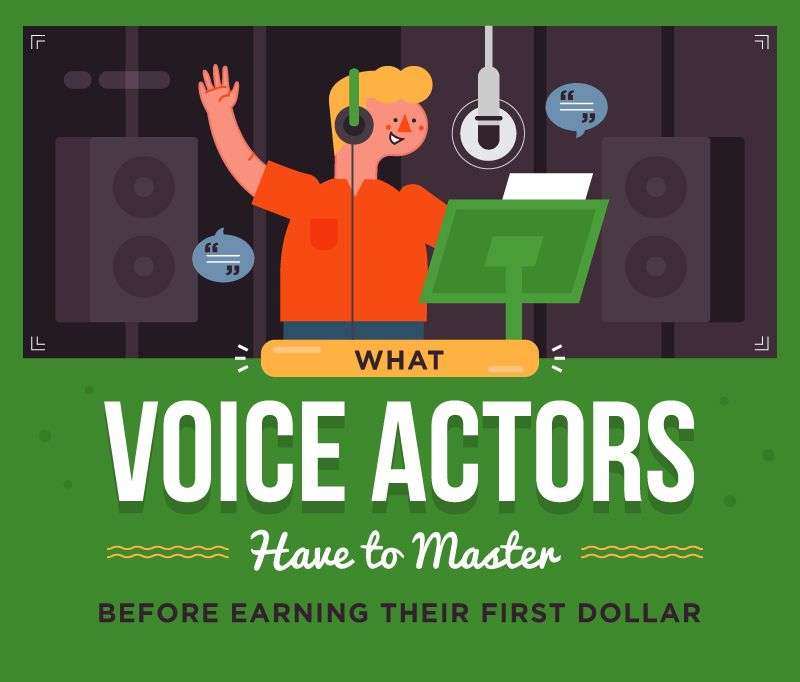
The Internet is a whirlwind of data where the greater part of it is genuine, and quite a bit of it is false. Endeavours, for example, Wikipedia have demonstrated that by and large, Internet users have much learned on a wide range of subjects, learning that can be ordered and curated to frame important data vaults. Over the most recent couple of years, question-and-answer communities (Q&A) locales have given another way for internet users to crowdsource and look for particular definite data, a lot of which includes finding direct answers to particular inquiries from area specialists.
Taking this pattern ahead Quora, an inventive Question & Answer site with a quickly developing user group that contrasts from its rivals by keeping a social network as an informal community into its fundamental structure. Do you know about the few estimates of Quora’s user growth?? Here is some 150% development in one month, and about 900% development in one year.
Below is a Quora – Wisdom In The Social Crowd infographic by Fullestop that demonstrates the timeline of Quora. We all know that from experts to company’s professional, Quora was successful in engaging every user type on it. Example – Instagram and Yelp addressed inquiries regarding their organizations on Quora. In spite of its short history, Quora appears to have accomplished where its rivals have fizzled, i.e. effectively drawing the investment of both a quickly developing client populace, what’s more, particular area specialists that create significant substance in light of inquiries.
Quora is a question and answer website where inquiries are asked, replied, altered and sorted out by the users from the community. Quora was established in June 2009 and was made accessible to its communities since June 21, 2010.
Quora’s main goal is to share and expand the world’s knowledge. Quora’s ultimate motive is to connect the general users who have to learn to the general users who need it so as to unite these users with different opinions.
Quora’s database of users developed rapidly, beginning from December 2010. In April 2017, Quora confirmed to have more than 190 million month to month guests, more than 100 million from a year before. Here is Quora’s Timeline.
- June 2011, Quora launched its site.
- September 29, 2011, Quora launched an iPhone application
- September 5, 2012, Quora launched an Android application
- In November 2012, Quora presented the Top Writers Program as an approach to perceiving people who had made particularly profitable content commitments to the site, and motivate them to proceed. Best essayists are welcome to intermittent occasions and get endowments, for example, marked apparel things and books.
- January 2013, Quora has launched a blogging stage.
- November 2013, Quora presented a component called Stats
- April 2014, Quora was raising $80 million from Tiger Global
- March 2016, acquired Parlio
- October 2016, launched Quora español to the general people.
- April 2017, Quora was accounted for to have gotten Series D financing and reached a total valuation of $1.8 billion.
Quora permits its users to make client profiles where they can include their genuine names, photograph, subjects to take after, a number of adherents, inquiries replied by them, and so forth. Users can keep these settings private. Every user with a user profile approaches action bolster which has points of interests to the client. The content is shown on the landing page and sorts out best answers in a sequential request. Some features as you can read on Quora’s Wikipedia page are below:
- Upvote/Downvote – Users can rank answers of how valid or accommodating they observed the answers to be. The more Upvotes an article gets, the higher it is positioned and along these lines appears on top of the results identified with the question.
- Report Answer – Users can report a literary theft, provocation, spam, really off base articles, and so forth.
- Suggest Edits – Users make proposals to enhance an article by proposing some changes to it. These new proposed changes are likewise made obvious to the first publisher of the question or reply and can be either affirmed or rejected.




![How The Mobile Phones Changed In the Last 10 Years [Infographic]](https://hotinsocialmedia.com/wp-content/uploads/2019/05/HotinSocialMedia-Evolution-Of-Mobile-Phones-For-The-Past-10-Years-min.jpg)






